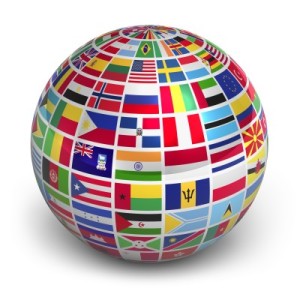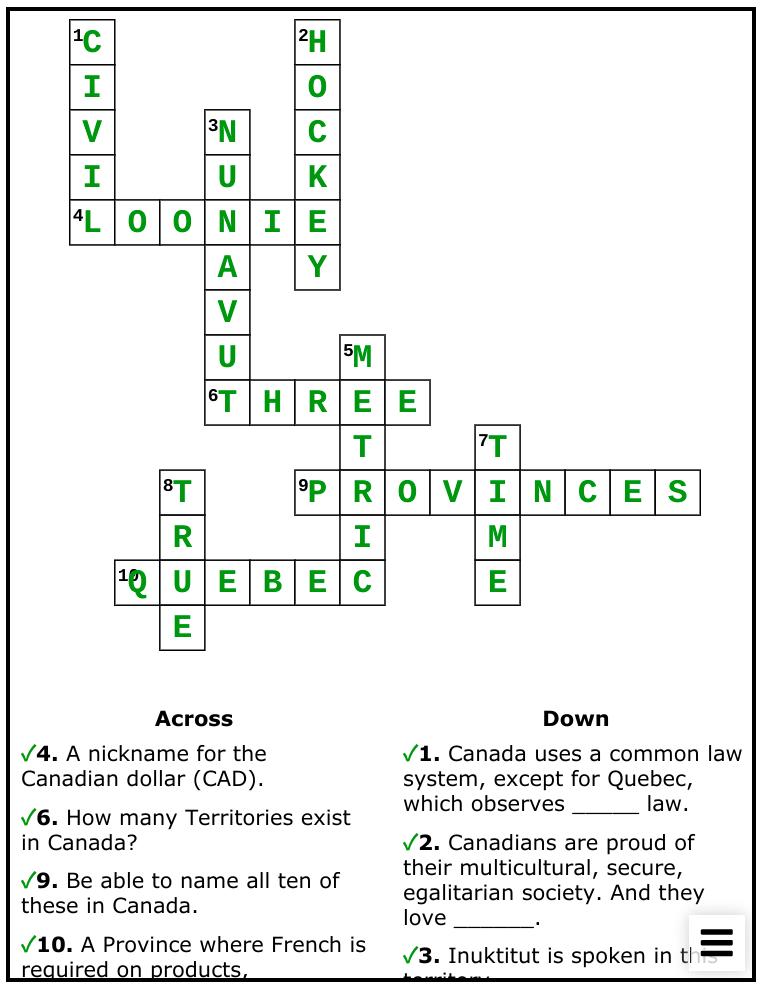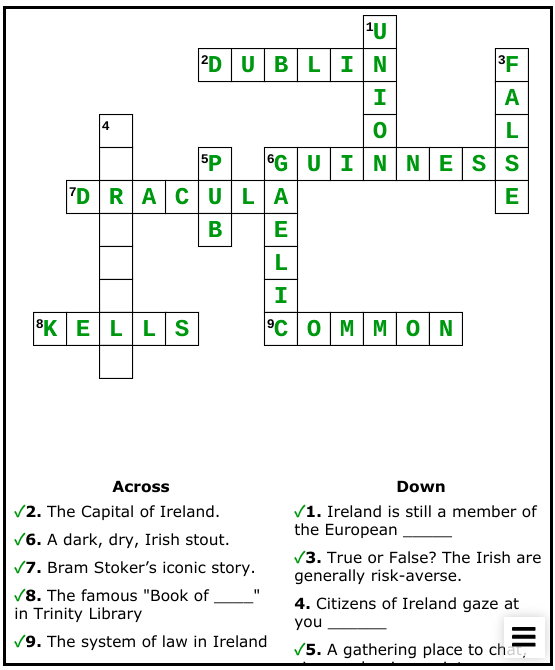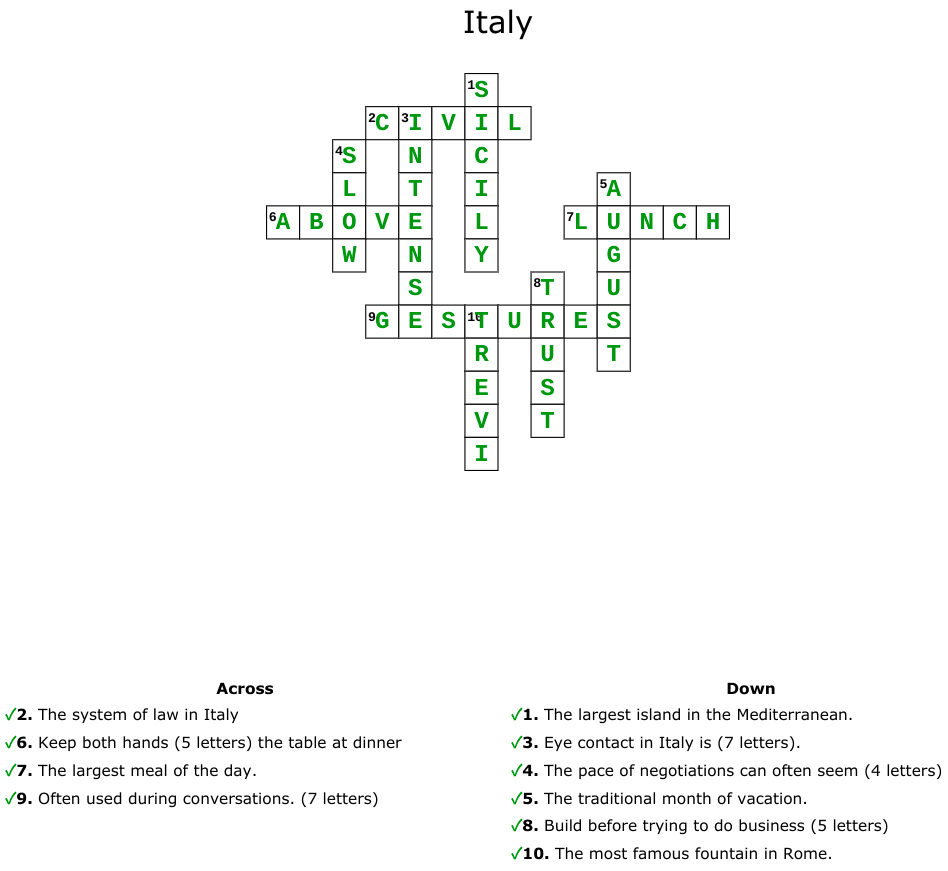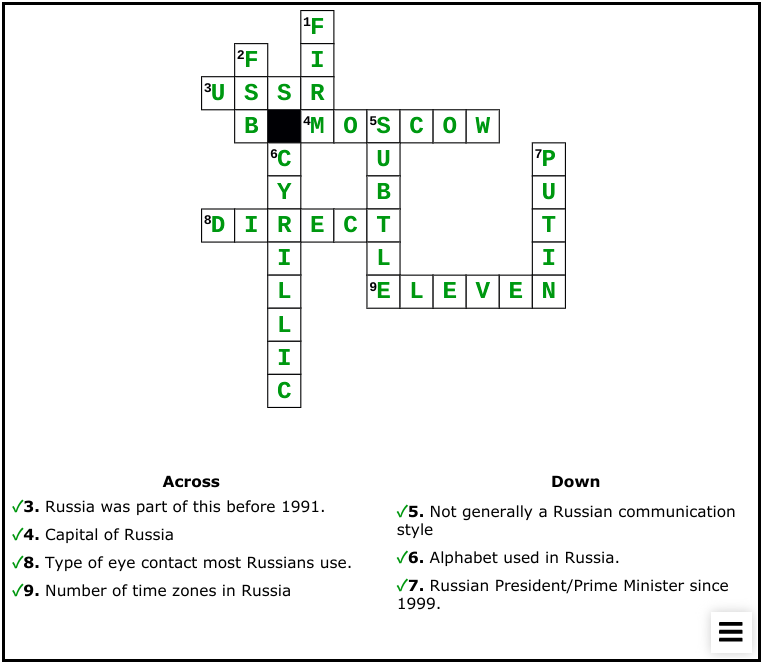By Terri Morrison
© Copyright 2025, All Rights Reserved
Gift giving is a revered tradition in many parts of the world. But there is an art to obtaining the right item, in the correct color, properly wrapped and perfectly presented. Just as an appropriate gift can seal a personal or professional relationship, an improper one can easily damage it.
Gift gaffes occur everywhere – even in the USA. For example, if you’re ever invited to the White House, what type of gifts shouldn’t you give the President? Food, drinks and combustibles (items which may release fumes) are unwise, as are any products which are applied to the skin (colognes, etc.). In order to protect the President and family, the Secret Service categorically destroys those items. It’s also probably wise to avoid giving live animals.
The Elephant in the Room
In 1984, Linda Conlin, (formerly president of the World Trade Center of Greater Philadelphia) worked in the Chief of Protocol’s office in Washington, DC. One of her “biggest” challenges came when the president of Sri Lanka visited President Reagan at the White House and brought along Jayathy, a baby Asiatic elephant. While elephants are highly symbolic for both Sri Lankans and the US Republican Party, handling the unusual gift was a nightmare of paperwork and quarantine questions. Ultimately, everything was resolved, and Conlin found the pachyderm a home in the National Zoo.
Taboo Gifts
Besides live gifts, you should avoid items that are taboo in certain cultures. See if you can match the gift faux pas with the religion or region:
A. Pork products 1) Hindus
B. Beef products 2) Parts of Latin America
C. Alcohol 3) Muslims
D. Knives 4) Muslims and Mormons
Answers:
A. 3) Everything from Canadian bacon to hotdogs is prohibited to observant Muslims. No gift baskets with bratwurst for your Middle Eastern friends.
B. 1) Many Hindus are vegetarians, and they revere the cow as a sacred animal.
C. 4) Neither Muslims nor Mormons consume alcohol. Be aware that alcohol may be present in colognes, perfumes, and specialty food items (i.e., chocolate cordials and Dijon mustard).
D. 2) Knives can symbolize the severing of a relationship.
Insensitive Gifts
Make sure your gift was not manufactured in an environment that is historically controversial for the recipient. For example, don’t give a South Korean executive something made in Japan.
The wrong color of flowers or wrapping paper can insult international associates as well. Never send white flowers to an Asian client. They are associated with funerals. Also, do not expect your Asian client to open the gift in front of you, lest they appear greedy. And in many parts of the world, remember to offer your gift either with both hands, or just your right. The left hand is considered unclean in the Middle East, the Indian Subcontinent, and parts of Africa.
Consider the Recipient
The list of potential blunders could go on, but let’s try a few culturally-appropriate gifts. Illustrated books, historic items or traditional handicrafts from your home state or headquarters are advisable. These act as invitations to come and visit. Many executives and dignitaries will also enjoy memorabilia from your local universities and sports teams (soccer, football, baseball, etc.), or prestigious golf club hats and towels. When guests actually visit, find out their hobbies, buy tickets to games, shows, concerts or museums – and accompany them!
The Gift of Charity
There are other, more altruistic ways of delivering gifts as well. Benjamin Franklin was one of the most prosperous men in the thirteen colonies at the time of Independence. In his will, Franklin bequeathed extraordinary gifts of 1,000 pounds each to Boston and Philadelphia. Conscious of his working-class origins, the money was to be loaned (at 5 percent annually) to married men under the age of 25 who had completed apprenticeships, and wanted to start their own businesses. When paid off, the money was returned to the fund.
Franklin was prescient enough to realize that the need for such loans might eventually vanish. So, long before the Bill and Melinda Gates Foundation’s 50-year clause, Ben’s bequest had a time limit too: after 200 years, the cities could spend the remaining money on infrastructure. Boston ultimately accumulated some $5 million, while the City of Brotherly Love had a little more than $2 million. In the scope of time, perhaps philanthropy is the best gift of all.




